
US and India Strengthen Ties for an Open and Secure Indo-Pacific Future
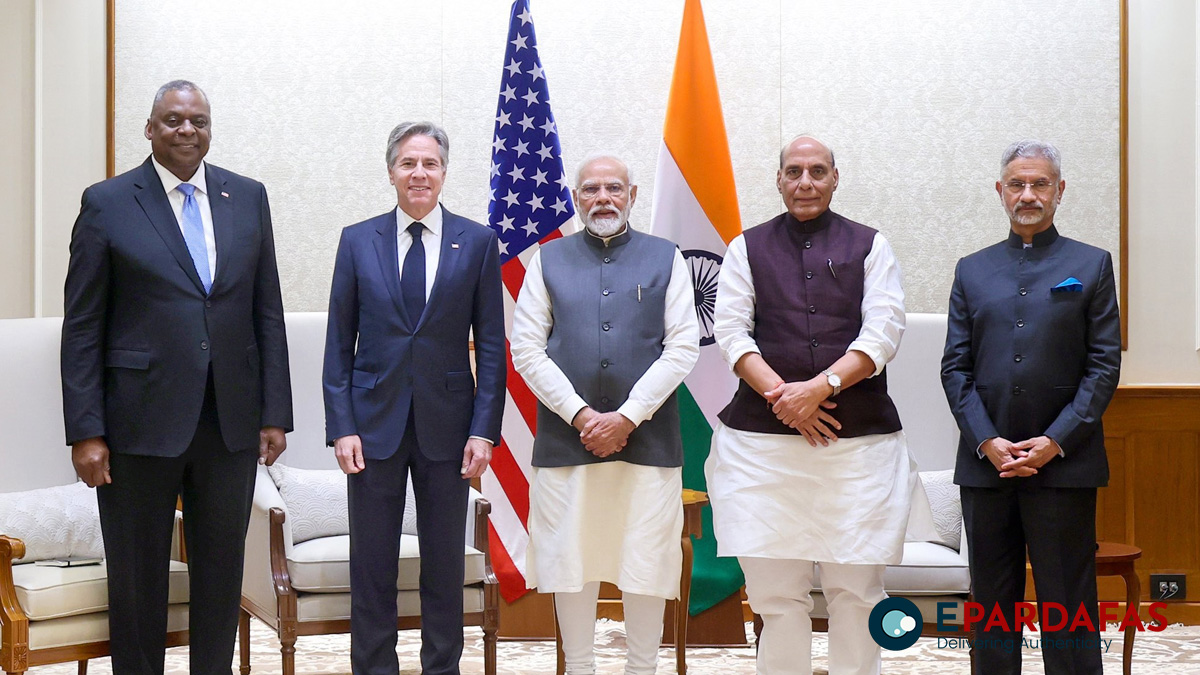
US Secretary of State Antony Blinken and Prime Minister Narendra Modi engaged in discussions on Saturday regarding the enhancement of India-US relations and collaborative efforts to foster an open and secure Indo-Pacific region.
During the meeting, Blinken reiterated their shared commitment to advancing innovations in technology, clean energy, and space to contribute to a brighter future. In a tweet, Blinken expressed, “In New Delhi, I discussed with Indian Prime Minister @narendramodi how the U.S. and India are working to promote an open and secure Indo-Pacific region. I look forward to continuing our innovations in technology, clean energy, and space for a brighter future.”
The discussions took place as part of the 2+2 Ministerial Dialogue in New Delhi, with Blinken and US Defense Secretary Lloyd Austin visiting India for this crucial meeting.
Prime Minister Modi, following his meeting with Secretary Blinken on Friday, emphasized the significance of the ‘2+2’ format, considering it a key enabler for further strengthening the India-US Comprehensive Global Strategic Partnership. Modi characterized the partnership as a “force” for the “global good,” emphasizing the shared values of democracy, pluralism, and the rule of law.
A statement from the US State Department highlighted that both Blinken and PM Modi reaffirmed the shared vision for a close partnership in the Indo-Pacific and on matters of global importance.
The India-US partnership is actively contributing to promoting a free, open, and secure Indo-Pacific through initiatives like the Quadrilateral Security Dialogue (QUAD), involving Japan and Australia. Blinken emphasized the collaborative efforts, stating, “For example, to combat illegal phishing, piracy, and drug trafficking. We’re also coordinating humanitarian relief and disaster response efforts in the Indo-Pacific…”
The 2+2 Ministerial Dialogue serves as a crucial platform for high-level discussions between the US and India, focusing on critical bilateral and global issues, with special attention to developments in the Indo-Pacific region.

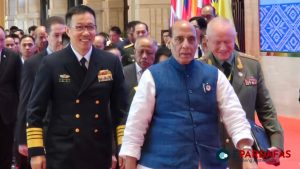
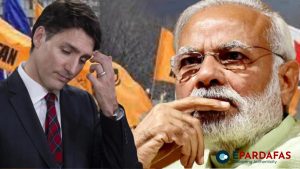







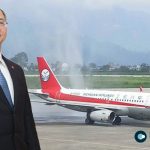
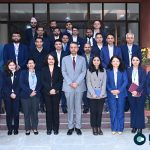
Comments